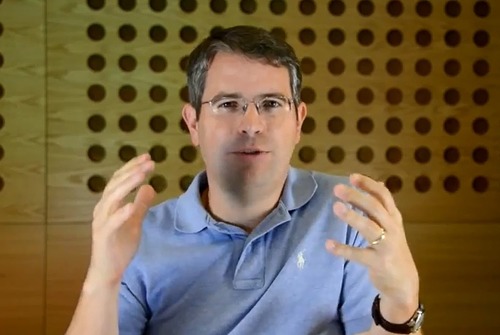5 Lessons From 2 Years of Using Email Newsletters in our Content Strategy
As a platform that helps people, businesses or organizations with their content strategy, it’s always been natural for us to use content ourselves in our communication. For a lot of companies – including Scoop.it – communicating through content means having several distribution channels – including email – and today we’d like to share a few things we’ve learned using email newsletters as a content marketing distribution mechanism.
Read More




















